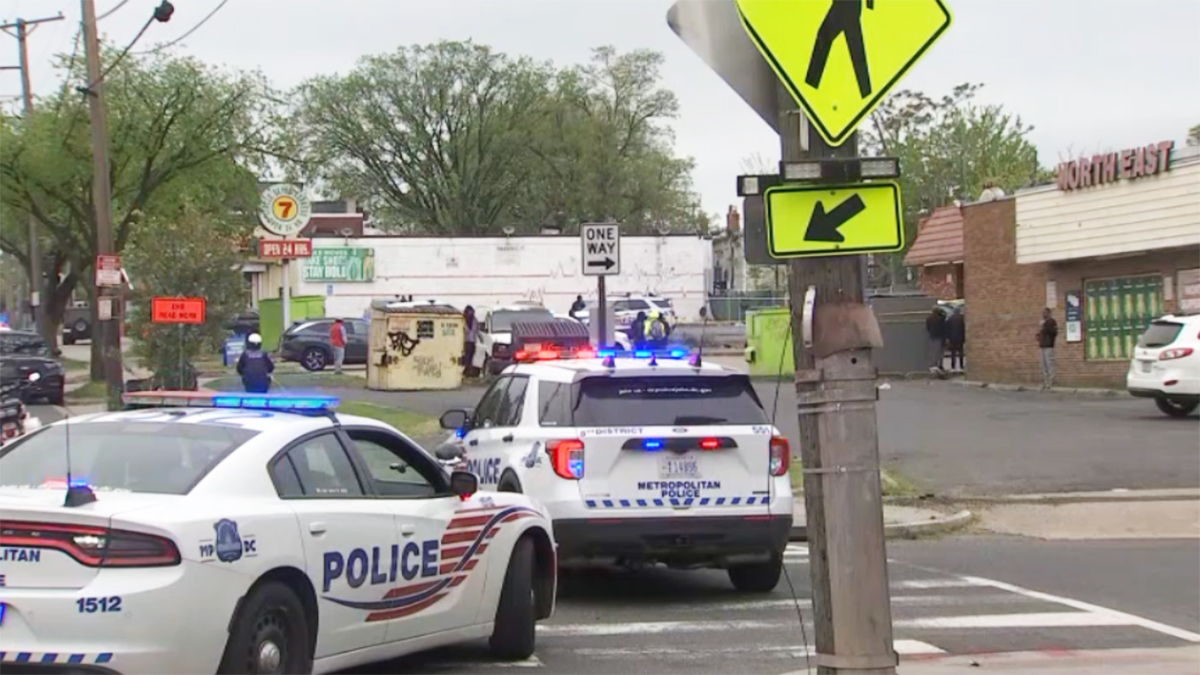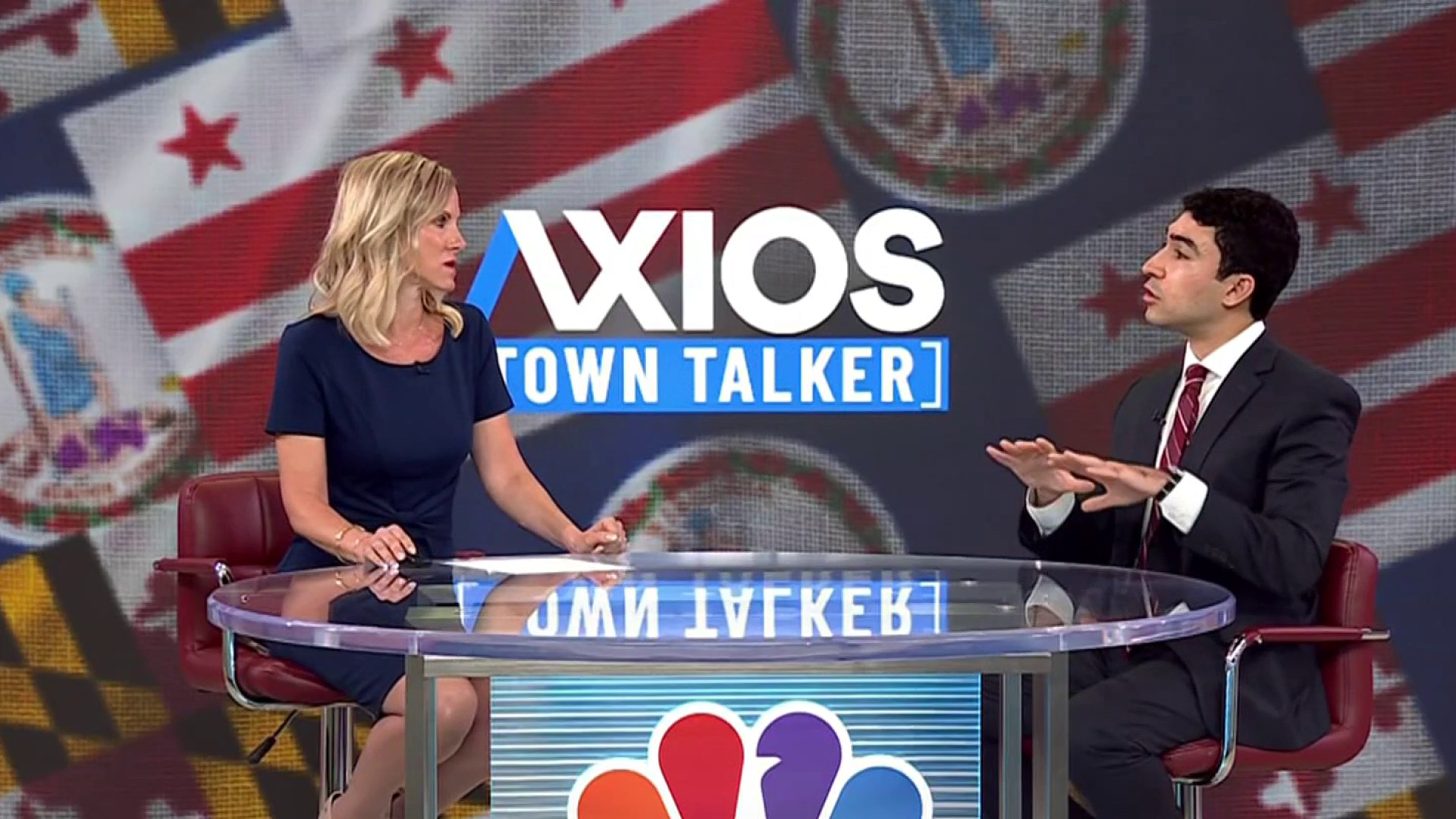Fraudsters continue to file fake unemployment claims in record numbers – and many people may not even know they are victims.
Kevin Kinnett runs a small plumbing business in Northern Virginia and has just five employees. Fortunately, Kinnett hasn't had to lay off any of his employees during the pandemic.
That's why he was surprised to receive several letters from the Virginia Employment Commission claiming to be “job separation and wage” verification forms from former employees. Kinnett said not only did he not recognize any of the names, but he doesn’t have any former employees who would be collecting unemployment.
“I would like some answers and I'd like to see this activity stop. And, you know, I would like to see what the scam is. I'm curious on why these individuals are filing for my benefits from my company,” said Kinnett.
We're making it easier for you to find stories that matter with our new newsletter — The 4Front. Sign up here and get news that is important for you to your inbox.
The Identity Theft Resource Center says data breaches, dating back 15 years may be one reason why we’re seeing an unprecedented level of fraud.
“That's because the bad guys have used all of the data they've collected over the last 15 years of data breaches. They're using it now to commit fraud. So we had identity theft. Now we're having identity fraud," said James Lee, Chief Operating Officer of the Identity Theft Resource Center.
Lee said unemployment insurance systems are an easy target to carry out the fraud.
Local
Washington, D.C., Maryland and Virginia local news, events and information
"You have big amounts of money, big amounts of data, and poor security and poor systems, that is a recipe for what you’re seeing," he said.
The names and social security numbers in the letters sent to Kinnett, according to Lee, are most likely stolen.
"They’re just an identity and they’re just using that information to apply wherever they can as often as they can and hope they can get all the way through to collecting some money," Lee said.
Unfortunately, it’s working. In April the Virginia Employment Commission told us it had already paid out $50 million in fraudulent claims, but it would not give News4 updated totals, neither would D.C.
However, the Maryland Department of Labor said, as of September, it had identified $1.5 million in-state and out-of-state fraudulent claims.
Kinnett has no idea why his business was targeted, although it may have something to do with a job posting he recently listed.
"I put an ad on Craigslist looking for some employees for my business. And since then I’ve been receiving a lot more of these letters," he said.
Cyber security expert Lee said that is a trigger for an identity criminal to see that businesses are hiring which shows they’re active.
Kinnett turned over the letters to the VEC and filed a fraud complaint. A fraud investigator told him, while the VEC has no way to stop the letters from coming, they can try to pinpoint the origin of the filer. While it’s a nuisance, our expert said Kinnett’s business is likely not at risk.
Steps to Protect Yourself
- Don’t ignore any data breach notices, always change your password
- Take advantage of free credit monitoring
- Freeze your credit files on all 3 credit bureaus
- Get your mail daily, don’t leave anything in your mailbox



